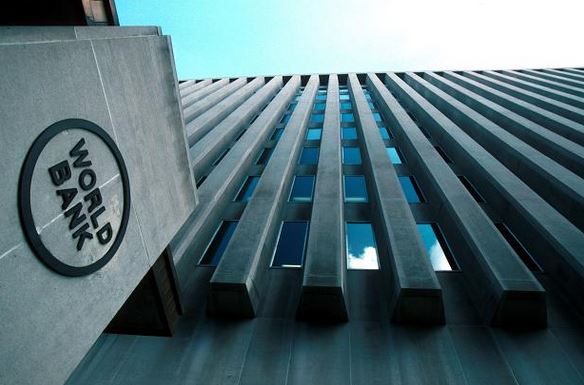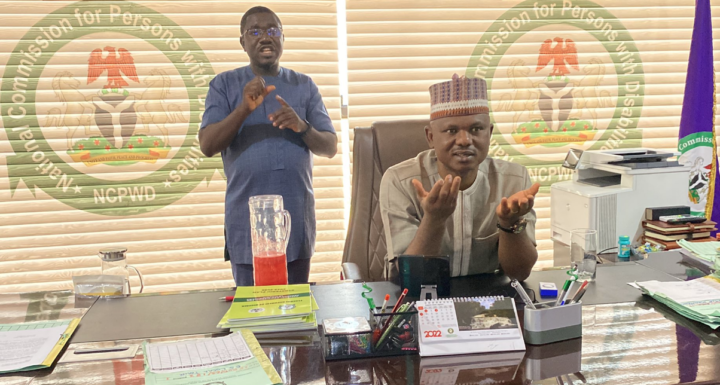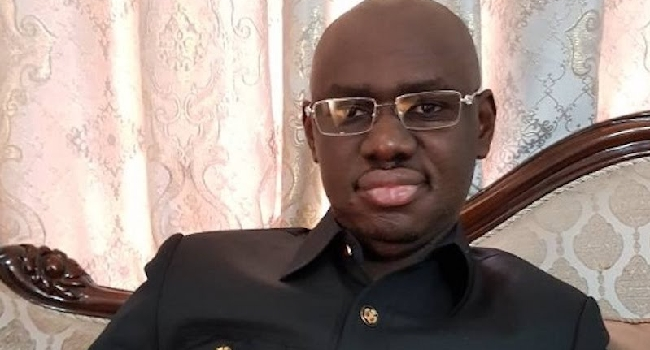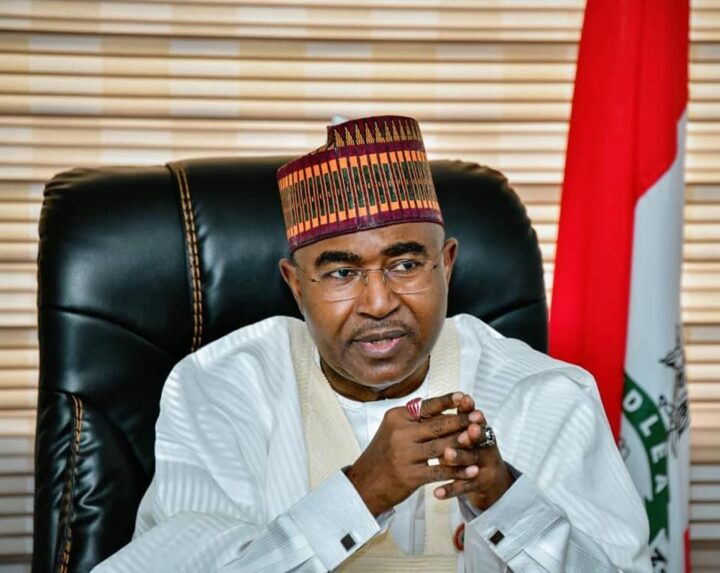Chima Amadi, a public analyst and development expert, says Nigeria’s reliance on foreign economic policies is responsible for the country’s slow development gains.
Amadi who is also chairperson of the board of the Centre for Transparency Advocacy (CTA) spoke while presenting a paper at the 4th national colloquium of the Sokoto professionals network in Sokoto.
The public analyst cited a lack of clear vision as the foundational basis for the disjointed mission of development planning in Nigeria.
“The neoliberal policies advocated by institutions like the World Bank and the International
Monetary Fund (IMF) – such as rapid liberalization of trade and investment, privatization,
and deregulation – are not consistent with the historical experiences of successful
development,” he said.
Advertisement
“In fact, these policies might even hinder the growth of developing nations by exposing them prematurely to global competition.”
Amadi said any development initiatives that do not encourage the disengagement of Nigeria’s economy from the “exploitative structural links” with the Western capitalist economy may not succeed.
“Compared with other African and Asian countries, especially Indonesia, which is comparable to Nigeria in most respects, economic development in Nigeria has been disappointing,” he added.
Advertisement
“With GDP of about $45 billion in 2001 and per capita income of about $300 a year, Nigeria has become one of the poorest countries in the world.
“As of 2000, it had earned about $300 billion from oil exports since the mid-1970s, but its per capita income was 20 percent lower than in 1975.
“Meanwhile, the country has become so heavily indebted – external and domestic debt amount to about 70 percent of GDP— that it has serious difficulty servicing debt.
“Regional and sectoral unevenness in growth performance is high.
Advertisement
“From the foregoing, it is simply clear that to raise 200 million Nigerians out of poverty as this current administration has resolved to do within the next decade, it would take more than just making it a campaign mantra but a radical departure from economic orthodoxy of the Global North evinced in the Washington consensus model.”
Amadi urged policymakers to recognise that successful strategies in one country may not be universally applicable, adding that developing countries are encouraged to learn from the historical experiences of developed nations.
“By providing this historical and critical analysis, I dare Nigeria’s leaders and economic policymakers to not be afraid to challenge conventional economic wisdom and call for a more nuanced and historically informed approach to economic development policy, especially for developing countries,” he said.
Amadi said it is necessary to understand that the path to economic development is not linear and varies significantly based on a country’s situation.
Advertisement
Add a comment






